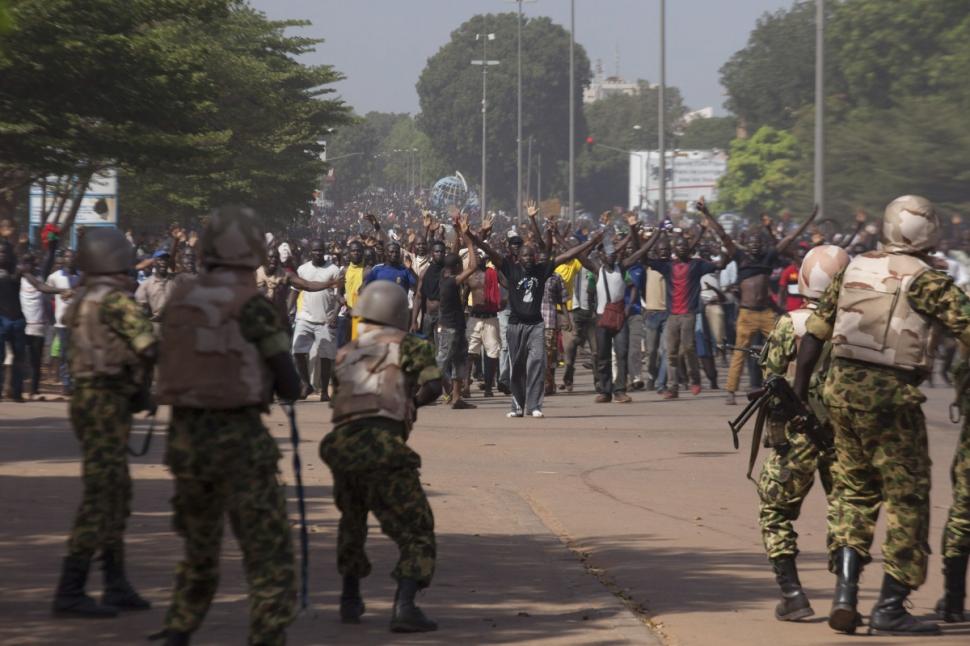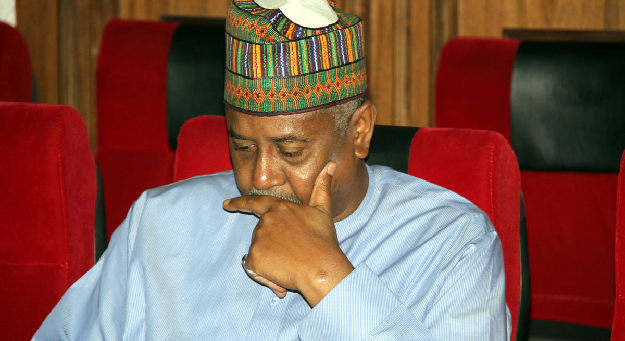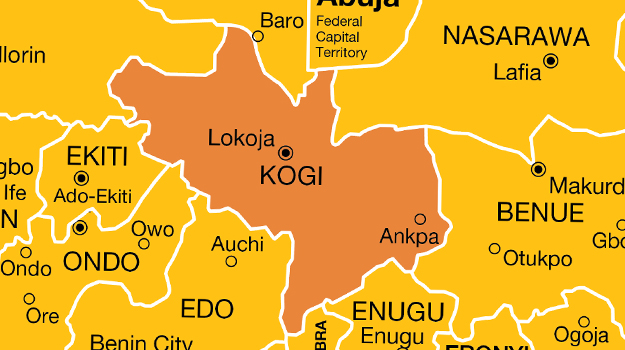Over 271 protesters have been killed in West and Central Africa since 2014, Amnesty International says.
The organisation disclosed this in a statement issued on Tuesday.
In November 2016, it alleged that about 150 pro-Biafra protesters were killed by the Nigeria military in the south-east.
It said human rights defenders, journalists and protesters in West and Central Africa were facing ever-higher levels of persecution, intimidation and violence.
Advertisement
It announced the launch of a new global campaign demanding an end to the onslaught of attacks against brave individuals standing up to injustice.
According to the human rights watchdog, “the ‘Brave’ campaign calls on states in the region to recognise the legitimacy of human rights defenders by respecting their work, giving space for it and protecting them from threats.”
“States across the region have deployed a broad and increasingly inventive range of tactics to stop people standing up against injustice and to coerce them into self-censorship,” Alioune Tine, the organisation’s regional director for West and Central Africa, said.
Advertisement
“By removing the right to protest, placing activists under surveillance, and intimidating them with threats and physical attacks, many governments are carrying out a full-frontal assault on human rights defenders.”
In the statement, Amnesty International said it had documented the mounting danger faced by those defending human rights in the region.
It said that the combination of mass surveillance, new technology, the misuse of laws and crackdowns on peaceful protests was exposing human rights defenders to dangerously high levels of risk.
“In almost every country in West and Central Africa, people participating in peaceful protests have been repressed through the banning of demonstrations or by the use of the unnecessary or excessive force against protesters,” it said.
Advertisement
“Since January 2014, Amnesty International has documented 271 protesters killed – one every five days – and thousands more injured during protests across the region, although the true number is likely to be higher. The overwhelming majority of these killings and injuries were committed by the security forces who used teargas, batons and live ammunition to disperse protesters or armored vehicles to ram their way through the crowds, even when protests were peaceful. There is rarely, if ever, accountability for such heavy-handed repression.”
The human rights watchdog also said that there had been 87 arbitrary arrests of human rights defenders in the region since 2014.
“Since January 2014 Amnesty International has documented the arbitrary arrest of at least 87 human rights defenders in West and Central Africa,” it said.
“In 2016 alone, 13 anti-slavery activists in Mauritania were brought before court on trumped up charges and sentenced to between three and 15 years in prison. In November last year, an appeal court acquitted and released three of them and reduced the sentence of the 10 others.
Advertisement
“In Chad, four pro-democracy activists were arrested in N’Djamena between March and April 2016 for planning to organise peaceful public demonstrations against the current president’s bid for re-election for a fifth term. They were found guilty of ‘incitement to an unarmed gathering’, and received suspended prison sentences after more than two weeks in detention.
“Several states including Cameroon, Chad, Guinea, Nigeria, Senegal and Togo introduced legislation which could be used to target human rights defenders, journalists and whistle-blowers in reprisal for their work, often in the name of countering terrorism and cybercrime.
Advertisement
“In Cameroon, anti-terror legislation originally introduced to respond to the security threat from Boko Haram, was used to silence civil society leaders in the English speaking regions who called for protests against discrimination.
“Administrative measures – such as delaying or denying the registration of NGOs to operate or restricting their funding – have also been used to prevent the work of human rights defenders. In Togo, for example, officials refused to deliver registration certificates to a group of LGBTI activists because they ‘challenged cultural and social norms’.
Advertisement
“Human rights defenders are not enemies of the state; they are individuals who stand against injustice and take peaceful action to improve the human rights situation. Without their courage, our world is less fair, less just and less equal.”
Amnesty International said that the emerging trend was the use of new technologies and targeted surveillance, including online, to threaten and to silence activists.
Advertisement
“Restrictions on the use of the internet are increasingly being used across the region. In Gabon, Gambia and the Republic of Congo access to the internet was cut off for between two and five days before and after Presidential elections in 2016, while social media was restricted around elections in Chad,” it said.
“In the most severe restrictions to date, the Internet was shut down in the Anglophone regions of Cameroon from January to April 2017 following protests about the use of French in courts and schools and demands for greater autonomy.
“Many states have passed legislation which restricts internet access and subjects human rights defenders to online surveillance. For instance, in Senegal, amendments to the Criminal Code and the Code of Criminal Procedure empower the authorities to restrict access to “illicit content” online and to hack into computers without judicial oversight.
“In Nigeria, the Cyber Crime Act, requires internet service providers to keep all traffic and other data of subscribers for two years and make that data available to law enforcement agencies upon request.”
It urged the authorities in West and Central Africa to refrain from using language that disparages human rights defenders including by labelling them “criminals”, “foreign agents”, “terrorists”, or “undesirables”.
Add a comment







